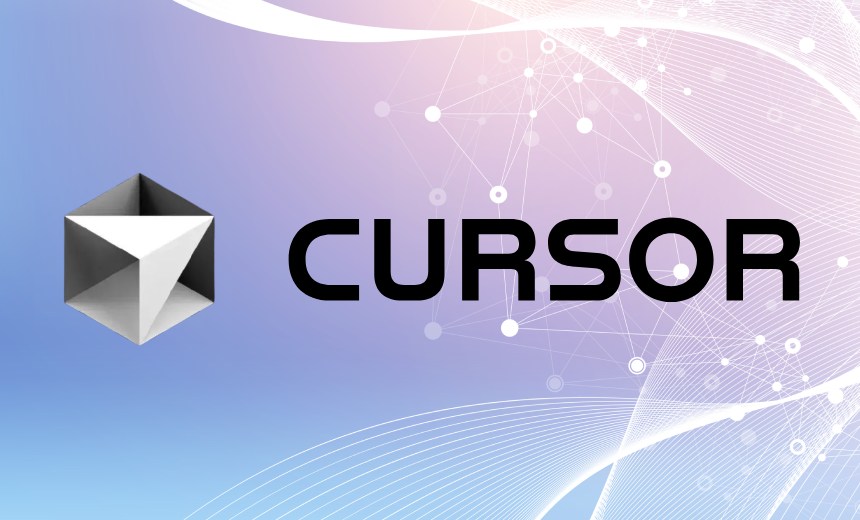Artificial Intelligence & Machine Learning,
Next-Generation Technologies & Secure Development
Check Point Reports Critical Vulnerability in Cursor Patched Days After Discovery

A pertinent security vulnerability identified in the AI-driven coding environment known as Cursor has raised alarms within the cybersecurity community. Research from Check Point reveals that the flaw permits remote code execution through the application of the Model Context Protocol (MCP), an open-source framework designed to facilitate communication between AI tools and external data sources.
The MCP, introduced by Anthropic, has already been connected to various security issues. Its integration within Cursor serves to streamline coding workflows utilizing large language models; however, this functionality has inadvertently opened the door to potential exploits.
Investigators from Check Point highlighted that once a developer approves a configuration file on an MCP server, future modifications—including malicious code injections—can occur without any further verification. This design flaw enables attackers to insert harmful commands into previously validated projects that execute whenever the project is reopened, effectively undermining the trust model essential to secure AI-assisted development.
According to Check Point, “The flaw exposes a critical weakness in the trust model behind AI-assisted development environments, escalating risks for teams adopting large language models and automated solutions.” The researchers pointed out that their analysis aimed to investigate whether the existing models for trust and validation in MCP executions could withstand iterative changes, especially common in collaborative coding scenarios.
The concept of “MCPoison,” as labeled by Check Point, allows adversaries to initially introduce a benign configuration file to a shared project. Following approval, the attacker can subsequently swap this file with one that executes harmful commands. Due to Cursor’s lack of revalidation for already approved configurations, such exploitations could elude user consent.
This situation results in a persistent remote code execution vector, particularly threatening in collaborative environments where projects are regularly shared, cloned, or reused. Check Point disclosed the risk to Cursor on July 16, prompting a patch release in version 1.3 of the software, which now necessitates manual user confirmation for any changes to MCP server configurations.
Check Point asserts that the vulnerability within Cursor reflects a broader trend of security challenges associated with AI-enhanced development platforms. While MCP offers significant benefits for cross-agent workflows, the associated risks require enhanced vigilance from developers and security teams to mitigate potential exploits effectively.
